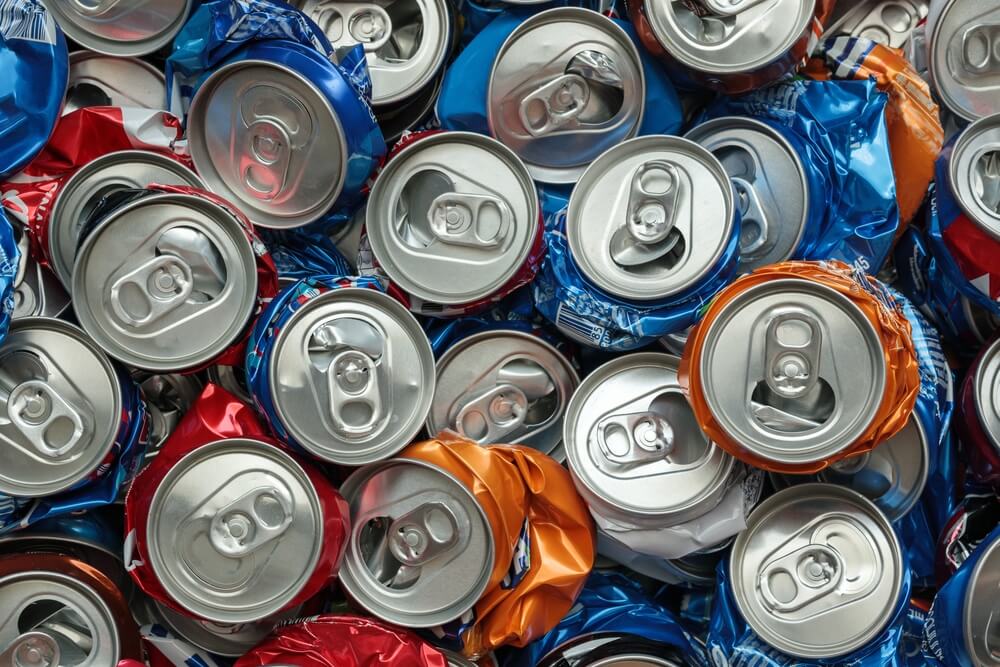
Recent data from the Aluminum Association and the Can Manufacturers Institute (CMI) reveal a decline in the recycling rate of aluminium beverage cans in the United States. In 2023, only 43% of aluminium cans shipped were recycled, a significant drop from the historical average of 52% since tracking began in 1990. While this rate remains higher than glass (39.6%) and plastic (20.0%) recycling rates, it represents the lowest level for aluminium cans in decades.
“Our current approach to recycling in America is simply not working at the level we need,” said Charles Johnson, president and CEO of the Aluminum Association. Despite recycling over 46 billion cans in 2023, more than 61 billion cans—valued at nearly $1.2 billion—ended up in landfills.
CMI president Robert Budway emphasized the need for coordinated action and strategic investments to increase recycling rates. The organisation aims to achieve a 70% recycling rate by 2030, 80% by 2040, and 90% by 2050. Strategies include improved household and away-from-home recycling access, enhanced consumer education, and better aluminium can sortation at recycling centers. Policies such as extended producer responsibility laws and container deposit systems could also significantly boost recovery rates. Currently, states with recycling refund programs have an average aluminium can recycling rate of 68%, compared to 22% in non-refund states.
Key Findings from Sustainability Reports:
The industry recycling rate, including imported and exported aluminium used beverage containers (UBCs), stands at 57%, near the 30-year average of 60%.
The closed-loop circularity rate for aluminium cans reached 96.7%, far surpassing PET bottles (34%) and glass bottles (30-60%). Aluminium can be recycled infinitely into new cans, unlike glass and plastic, which often degrade into less recyclable products.
Aluminium cans have an average recycled content of 71%, significantly higher than glass (23%) and plastic bottles (3-10%).
Aluminium cans are the most valuable material in recycling streams, with a value of $1,338/ton compared to $215/ton for PET and a negative value of $23/ton for glass.
Efforts to boost recycling align with growing aluminium demand driven by sustainable packaging, greener buildings, and advanced manufacturing. Over the past decade, Aluminum Association members have invested over $10 billion in domestic manufacturing operations, including new facilities. However, Johnson highlighted the importance of retaining more aluminium within the domestic supply chain for productive use.
At the federal level, the Aluminum Association and CMI are advocating for two bipartisan bills: the Recycling Infrastructure Accessibility Act (RIAA) and the Recycling and Composting Accountability Act (RCAA). These measures aim to improve recycling access and tracking, supporting America’s sustainability goals and supply chain security.
“Simply recycling all the aluminium cans we currently throw away would generate enough energy to power 2 million homes for a year,” Johnson added. “We must do better to meet our clean energy and supply chain goals.”



